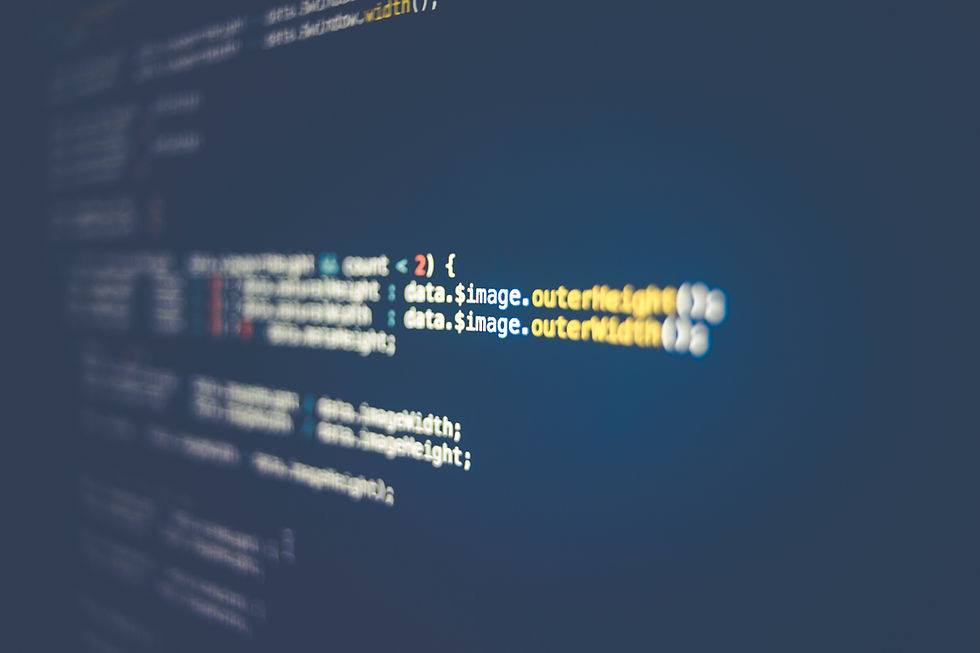How to Start Coding: A Beginner’s Guide
- Writer
- 2024-09-20
- 2 min. skaitymo
In today’s digital age, coding is the key to unlocking the language of technology. Whether you want to build a website, develop a game, or simply improve your problem-solving skills, learning how to code is an excellent step forward! But where do you begin? Here’s a step-by-step guide to help you get started with coding:
1. Understand Your Motivation
Before jumping in, it’s important to know why you want to learn to code. Do you want to build your own projects, start a career as a software developer, or automate tasks in your current job? Understanding your goals will help guide your path and determine which programming languages and tools you should focus on.
2. Start with Beginner-Friendly Languages
There are many programming languages, but some are easier for beginners. Python, JavaScript, and Scratch are great options to start with:
Python: Known for its simplicity, Python has an easy-to-read syntax and is widely used in many fields, including web development, data science, and automation.
JavaScript: A must-learn for anyone interested in web development. It allows you to make interactive elements on websites.
Scratch: A visual programming language designed for beginners, especially kids. It teaches the fundamentals of coding through drag-and-drop blocks.
3. Practice with Small Projects
Coding is a skill best learned by doing. Start with small projects that are simple yet challenging enough to push you forward. You can create a basic calculator, a to-do list app, or even a personal portfolio website. Building things on your own helps solidify what you’ve learned.
4. Use Online Resources
The internet is full of free resources to help you learn coding at your own pace. Here are a few to get you started:
Codecademy: Offers interactive coding lessons, perfect for beginners.
freeCodeCamp: A free and comprehensive platform with projects and certifications.
Coursera and Udemy: These platforms offer professional courses that range from beginner to advanced.
5. Don’t Be Afraid to Make Mistakes
Making mistakes is part of the learning process. In fact, debugging (finding and fixing errors in code) is one of the best ways to learn. If your code doesn’t work, take a deep breath and try to figure out why—it’s a valuable skill that will make you a better programmer in the long run.
6. Be Patient and Keep Learning
Learning to code is a journey that takes time. It’s normal to feel frustrated at times, but with regular practice, you’ll improve. Stay curious, keep experimenting, and remember that technology evolves rapidly—so there will always be something new to learn!
Starting your coding journey opens the door to endless creativity and problem-solving opportunities. Begin with small steps, enjoy the learning process, and practice consistently to build your skills. Remember, every coder starts as a beginner—so don’t get discouraged, and soon you’ll be creating amazing projects of your own!
Now, it’s time to sit down at your computer and write your first line of code!





コメント